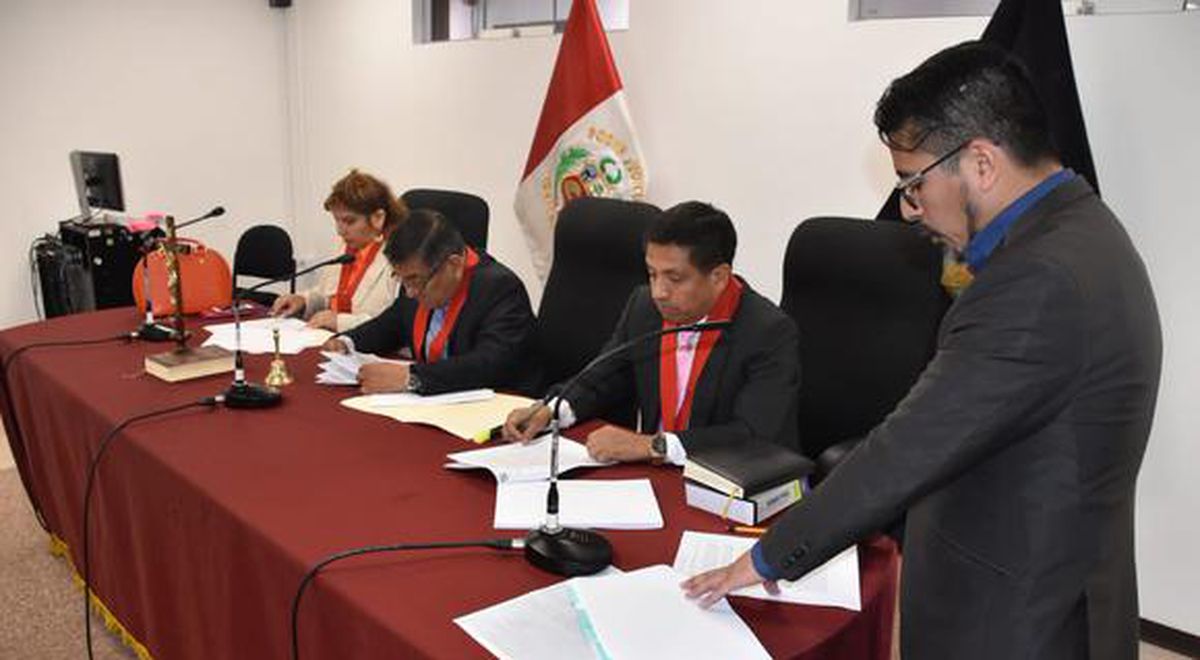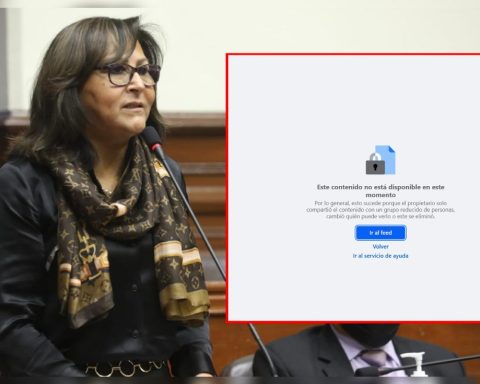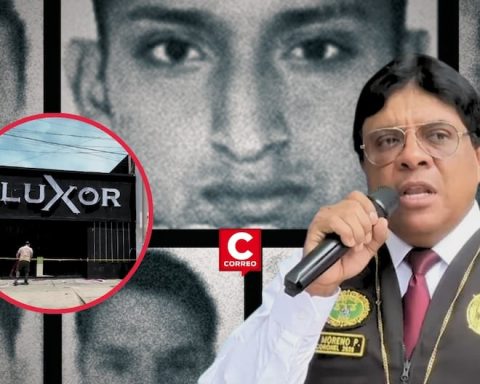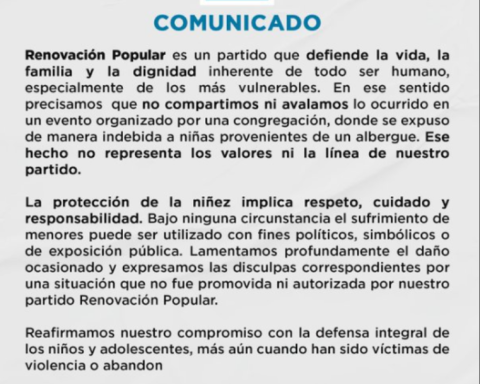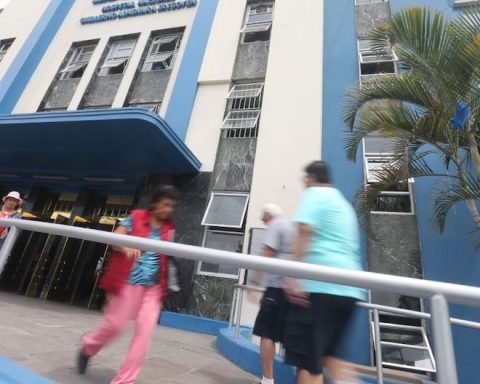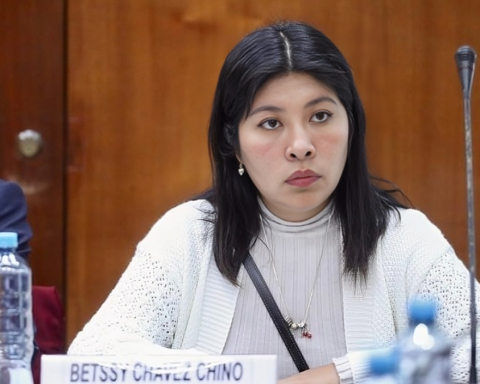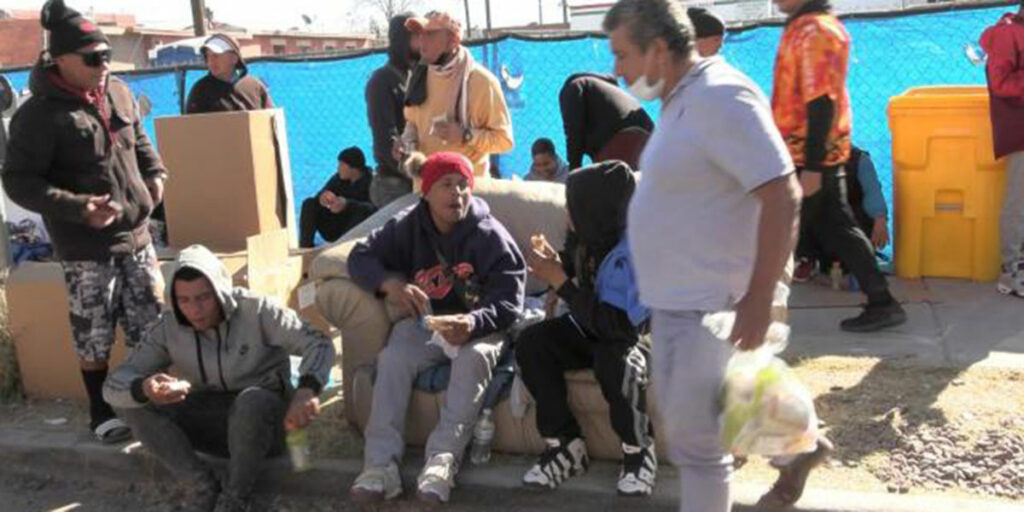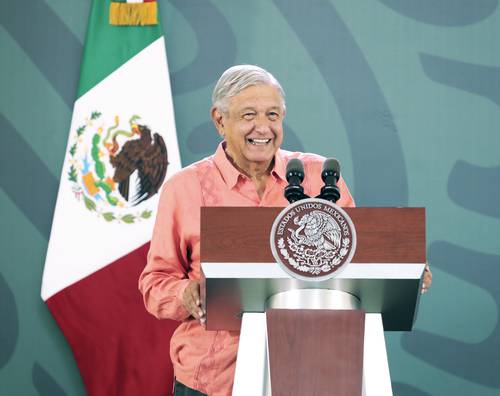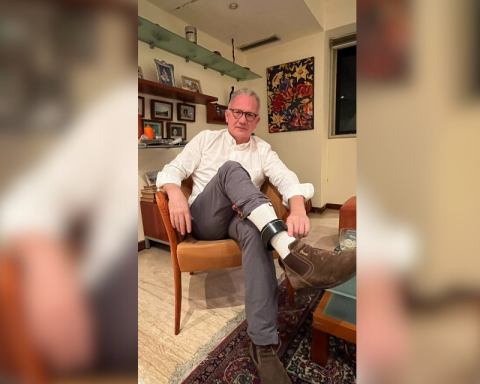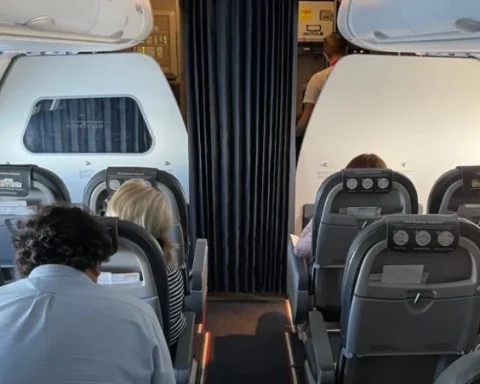The senior chief judge Teofilo Salvador Neyra would be the new president of the National Superior Court of Criminal Justice, in charge of hearing complex cases of national importance, according to a decision made this afternoon by the Executive Council of the Judiciary (CEPJ), chaired by Dr. Elvia Barrios Alvaradotranscended in judicial media.
Salvador Neyra will replace in this position the superior judge Octavio César Sahuanay Calsín, who was appointed president of the National Superior Court of Criminal Justice, in December 2020for a period of two years. He will be the third president of this specialized court. His appointment would be made official in the next few hours.
The National Superior Criminal Court does not yet have its own senior judges. Its member magistrates are displaced by the CEPJ from other superior courts of justice. Salhuanay Calsín and Salvador Neyra are titular superior judges in the Superior Court of Justice of Lima Sur.
In the absence of headlines, what is popularly known as the National Criminal Court cannot elect its president in internal elections. The appointment of the president is in the hands of the CEPJ, the highest administrative body of the institution.
The appointment of Salvador Neyra caused surprise among the judges. It was expected that Salhuana Calsín could be ratified for another two years.
Abimael Guzmán Reynoso was included in the trial, until his death, in September 2021.
Trial of the Perseus case
Last December 8, the CEPJ had rotated superior judge Salvador Neyra from the Second Transitory Liquidation Superior National Criminal Chamber to the Fourth National Appeals Criminal Chamber of the National Superior Court of Specialized Criminal Justice.
Salvador Neyra replaced the chief judge of Lima Norte, Celinda Segura Salas, who returned to his place of origin. If his election as president of the Court is confirmed, the CEPJ must appoint another magistrate to replace him.
This legal exchange could affect the trial of the Perseus case, a process that has already been underway for 10 years. As of December 13, the Fourth Criminal Court of Appeals was made up of the judges Teófilo Salvador Neyra, as president, Mercedes Pareja Centeno and William Lugo Villafanaas members.
The Criminal Procedure Code establishes that in the course of a trial, only the change of a magistrate can be made. A second change of judges for any reason will break the process and everything will start again.. When Salvador Neyra replaced Dr. Celinda Segura, the first change of judges took place.
If Salvador Neyra leaves now to preside over the Superior National Criminal Court, the second change of a judge would take place and, therefore, the breakdown of the Perseus case, which began its hearings on March 10 of this year.
Perseus is Movadef
The Perseus case is emblematic for the police and the prosecutor’s office for terrorism cases. In this case, the leaders and organizers of the Movement for Amnesty and Fundamental Rights (Movadef), created in 2009, for being part of the Communist Party of Peru-Shining Path, follow the guidelines of the imprisoned Senderista leaders and receive financing from the subversives who operate in the VRAEM in alliance with drug trafficking.
A week ago, the attorney for terrorism cases, Milko Ruíz, challenged Salvador Neyra as a member of the aforementioned Fourth Court of Appeals for the Perseus case.
Ruiz questioned the suitability of Salvador Neyra because in 2018, by integrating the “Collegiate E” of the then National Criminal Chamber, he acquitted Alfredo Crespo, Alberto Mego and Oswaldo Esquivel, part of the founders of Movadef, for apology for terrorism.
The Collegiate E” of the then National Criminal Chamber, was made up of Pablo Ilave García, Teófilo Salvador Neyra and Emma Benavides Vargas, the sister of the current National Prosecutor, Patricia Benavides Vargas.
In that case of 2018, The prosecution attributed Crespo, Mego and Esquivel to apologizing for terrorism when pointing out in a pamphlet that Abimael Guzmán was “the greatest intellectual, philosopher and scientist, Marxist, Leninist, Maoist of our time.”
However, the judges considered that this could not be an apology for terrorism since Guzmán was not sentenced for being a Marxist, Leninist or Maoist but for specific acts of terrorism. The Supreme Court annulled that trial, which is still pending.
For the prosecutor’s office, the Perseus case has similar elements to the apologia case, so the judge would already have a favorable bias towards the accused, which led to the recusal.
